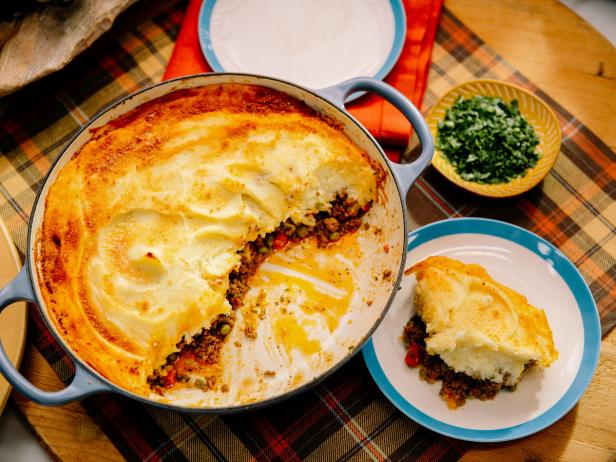If you want to learn about keto (low carb high fat / ketogenic diet), borrow or buy any / or all of these books.
Why We Get Fat: And What to Do About It by Gary Taubes
The Big Fat Surprise: Why Butter, Meat and Cheese Belong in a Healthy Diet by Nina Teicholz
The Diabetes Code by Dr. Jason Fung - or The Obesity Code
Wheat Belly by Dr. William Davis
.
Why We Get Fat: And What to Do About It by Gary Taubes
The Big Fat Surprise: Why Butter, Meat and Cheese Belong in a Healthy Diet by Nina Teicholz
The Diabetes Code by Dr. Jason Fung - or The Obesity Code
Wheat Belly by Dr. William Davis
.






